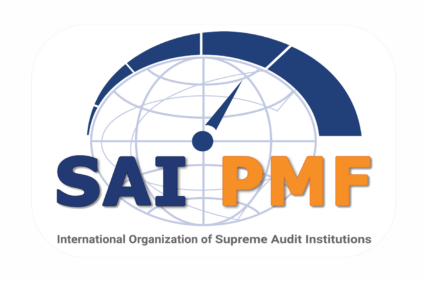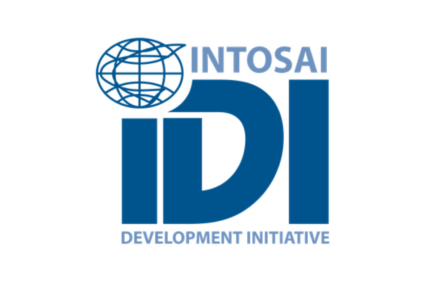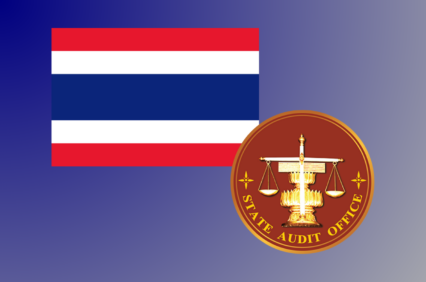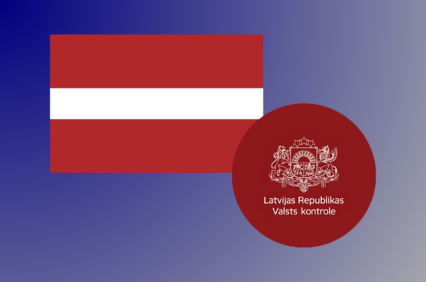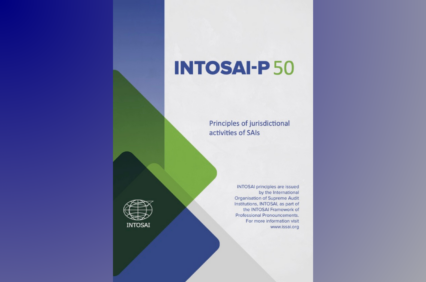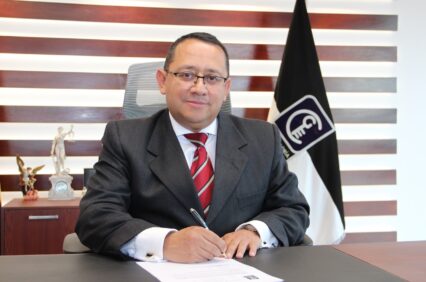Since the SAI Performance Measurement Framework (SAI PMF) was introduced in 2010, an impressive 96 SAIs have completed a SAI PMF assessment. While SAI PMF has become an established tool among SAIs globally, uptake so far has been more limited among SAIs with jurisdictional competencies, with only 12 being jurisdictional-model SAIs out of the 96.
Tag: Forum of Jurisdictional SAIs
Filter By:


